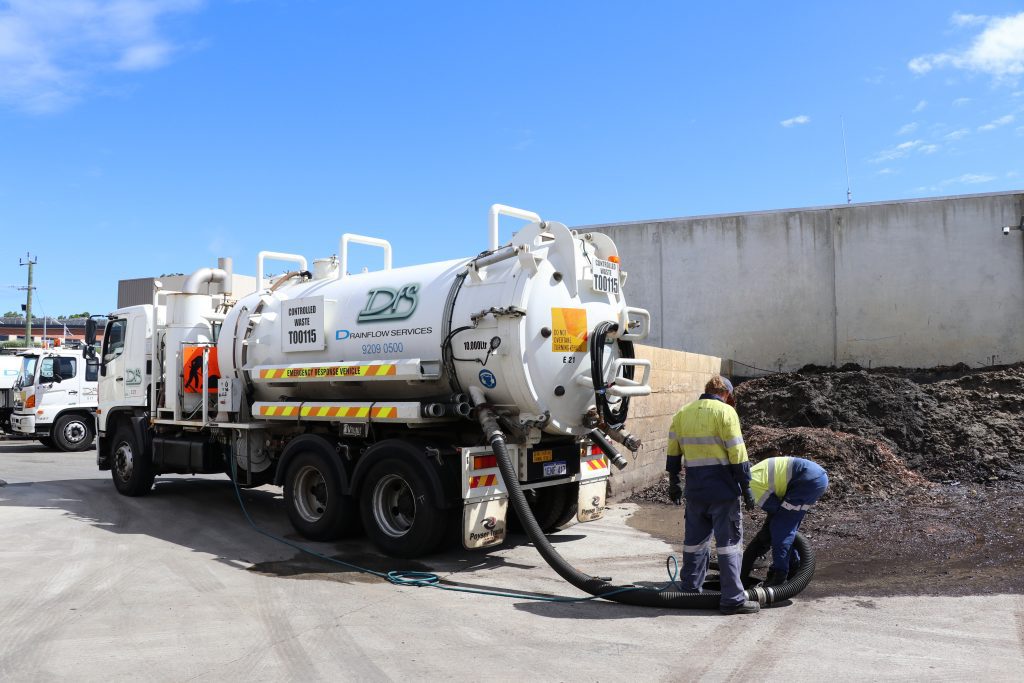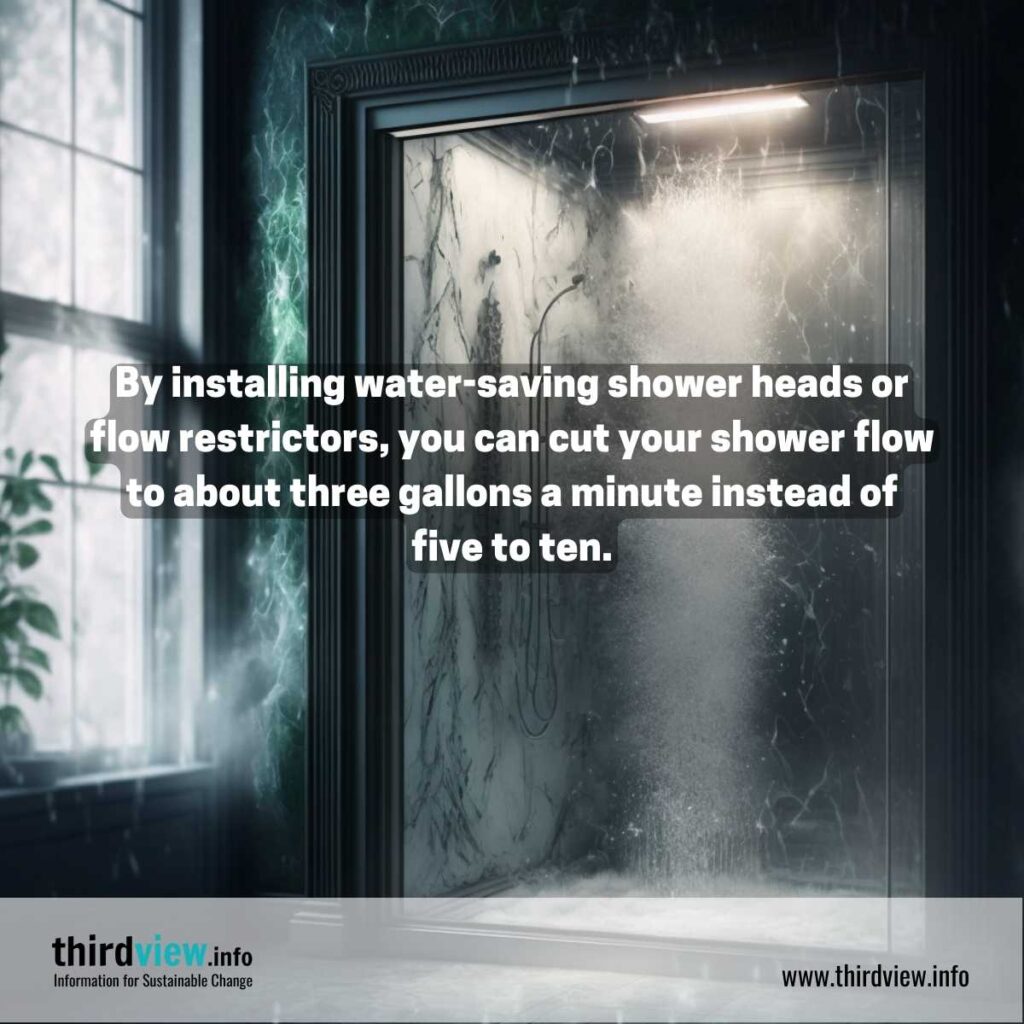Indicators on Reclaim Waste You Need To Know
Indicators on Reclaim Waste You Need To Know
Blog Article
The Reclaim Waste PDFs
Table of ContentsReclaim Waste - An OverviewA Biased View of Reclaim WasteGet This Report about Reclaim WasteSome Known Details About Reclaim Waste The 8-Minute Rule for Reclaim Waste
Residential sewer waste refers to the waste and products from a property septic storage tank. The proper administration and disposal of residential sewage waste call for liquid waste to be transferred to a sewage therapy plant where the correct methods and tools are used to detoxify and dispose of waste.
Industrial waste often consists of possible threats, such as combustible materials or a mixture of liquid and solid waste products, and requires an extra innovative and in-depth disposal process. The disposal of business waste typically entails the purification of waste prior to transportation to guarantee secure and appropriate disposal. Hazardous waste is produced from by-products and drainage of commercial processes and production.
This type of waste can not utilize the same sewer management transport or procedures as septic or commercial fluids. The hazardous waste monitoring process needs the evaluation and testing of fluid waste before it undergoes the disposal procedure (liquid waste removal). Runoff waste is the fluid waste that comes from runoff and excess stormwater in very populated areas or cities
Overflow waste can cause contamination and flooding if not dealt with properly. Ensuring correct waste administration can prevent calamities and decrease ecological injury.
What Does Reclaim Waste Mean?
Contact PROS Solutions today to learn more about our waste administration and disposal services and the correct methods to look after the fluid waste you generate.
(https://triberr.com/reclaimwaste1)Do you understand what occurs to your water when you end, flush the toilet or drain pipes the cleaning equipment? No? Well, it's worth understanding. This so-called 'wastewater' is not only a vital source but, after therapy, will be launched to our land, rivers or the sea. Utilized water from toilets, showers, bathrooms, kitchen sinks, washings and commercial processes is known as wastewater.

water used to cool down equipment or tidy plant and equipment). Stormwater, a type of wastewater, is overflow that flows from agricultural and city locations such as roofings, parks, gardens, roadways, paths and rain gutters into stormwater drains pipes, after rain. Stormwater flows unattended straight to regional creeks or rivers, ultimately reaching the ocean.
The Single Strategy To Use For Reclaim Waste
In Queensland, the majority of wastewater is dealt with at sewer therapy plants. Wastewater is transported from domestic or commercial websites with a system of sewage systems and pump stations, called sewerage reticulation, to a sewer therapy look at this web-site plant. Neighborhood governments develop, keep and operate most sewage treatment plants. Operators are accredited under the Environmental Management Act 1994 to discharge treated wastewater at an appropriate environmental criterion right into rivers.
The Division of Natural Resources encourages local federal governments about handling, operating and maintaining sewage systems and treatment plants. In unsewered locations, regional governments may require householders to set up specific or home sewer treatment systems to deal with residential wastewater from commodes, kitchen areas, bathrooms and laundries. The Division of Natural Resources authorises making use of family systems when they are verified to be efficient.
The majority of stormwater receives no treatment. In some brand-new subdivisions, treatment of some stormwater to remove trash, sand and gravel has begun utilizing gross pollutant traps. Wastewater therapy occurs in 4 phases: Removes solid matter. Larger solids, such as plastics and other objects mistakenly released to sewage systems, are eliminated when wastewater is travelled through screens.
Uses little living microorganisms knows as micro-organisms to damage down and get rid of remaining dissolved wastes and fine bits. Micro-organisms and wastes are incorporated in the sludge.
Getting My Reclaim Waste To Work
Nutrient elimination is not available at all sewer treatment plants due to the fact that it calls for pricey specialized devices. Clear fluid effluent created after treatment might still include disease-causing micro-organisms - liquid waste disposal melbourne.

The majority of wastewater flows into the sewerage system. Under the Act, neighborhood federal governments provide approvals and licences for eco pertinent tasks (ERAs) entailing wastewater releases that might have a neighborhood influence.
The Best Strategy To Use For Reclaim Waste
Monitoring gives accurate info regarding water high quality and can validate that licence conditions are being satisfied. The info gotten through monitoring supplies the basis for making water quality choices.
Report this page